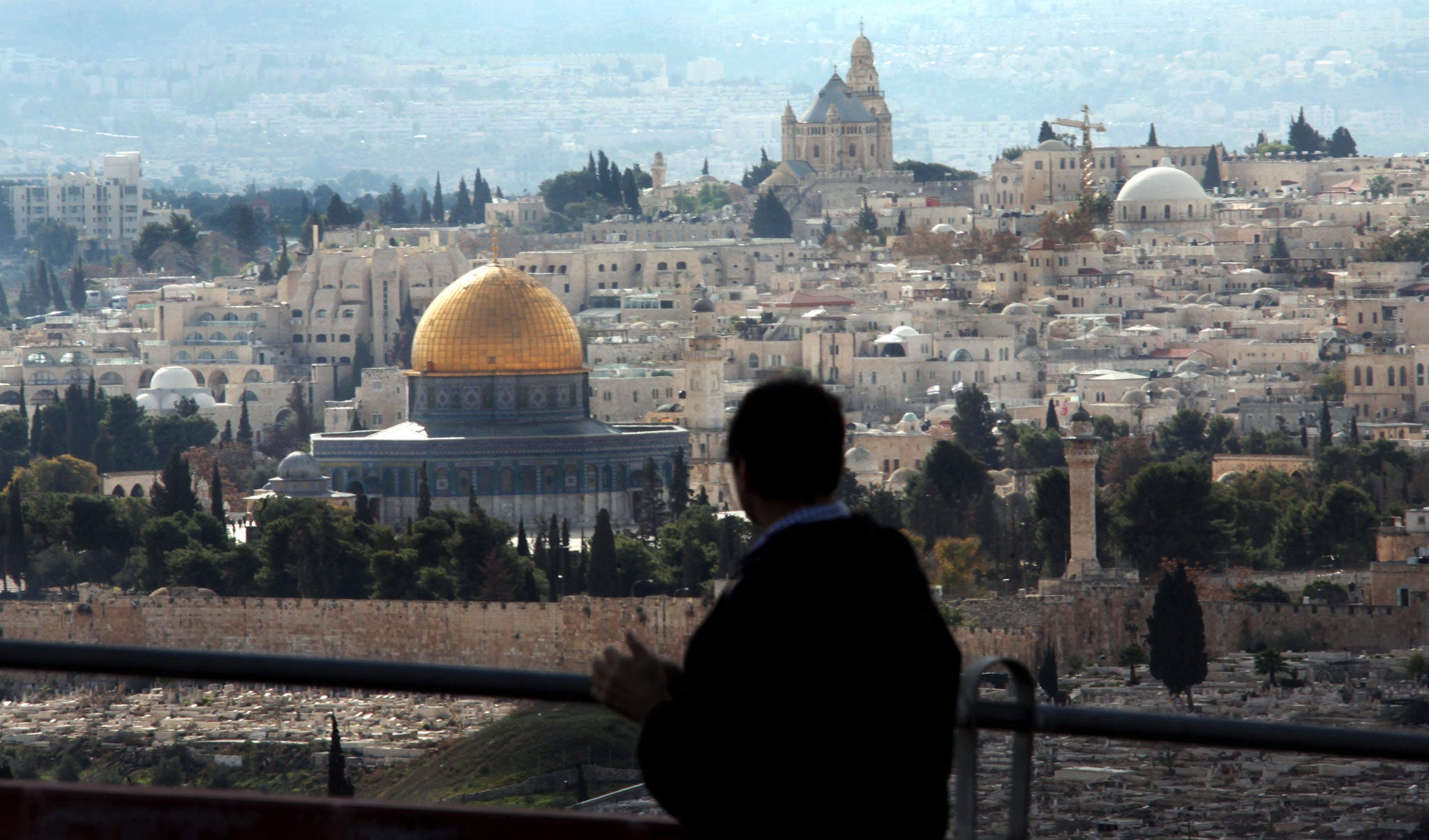The Idea of Israel by Ilan Pappe, book review

Your support helps us to tell the story
From reproductive rights to climate change to Big Tech, The Independent is on the ground when the story is developing. Whether it's investigating the financials of Elon Musk's pro-Trump PAC or producing our latest documentary, 'The A Word', which shines a light on the American women fighting for reproductive rights, we know how important it is to parse out the facts from the messaging.
At such a critical moment in US history, we need reporters on the ground. Your donation allows us to keep sending journalists to speak to both sides of the story.
The Independent is trusted by Americans across the entire political spectrum. And unlike many other quality news outlets, we choose not to lock Americans out of our reporting and analysis with paywalls. We believe quality journalism should be available to everyone, paid for by those who can afford it.
Your support makes all the difference.When I first visited Israel, crossing the border in the south of the country from Jordan, the burly (and as ever, heavily armed) guard at passport control asked, rather bizarrely it felt at the time, how we had heard of Israel. An odd question perhaps, but in retrospect, he probably meant what were our views on the Jewish state: whether we supported the Zionist project or whether our sympathies lay with the occupied Palestinians.
Professor Ilan Pappe’s book – The Idea of Israel - takes this line of enquiry somewhat further, questioning the progression of Zionism; looking at its evolution and the institutions that have supported it, and indeed, how this central principle of modern Jewry has increasingly come under scrutiny, not just from the usual, external, protagonists, but also increasingly, from within Israel itself. And whether crucially, these institutions have helped to shape set of norms by which the state is able to shape realities.
Modern Israel, and its relationships with other states, remains one of the most complex diplomatic conundrums on Earth, and in truth there is rarely a binary answer to many of the questions that persist about Israel. Inside the country, this is equally true. Rarely are elections fought (with the 2013 ballot possibly being an exception) on questions other than security and Israel’s standing in the rest of the world.
What Professor Pappe’s book explores is whether Zionism as the cornerstone of Israel has in fact been manipulated by the state and institutions such as universities and the media to provide a justification for the reality on the ground.
The book comes at an interesting time for Israel and its neighbours. John Kerry’s peace process refuses to die, despite elements on both sides seemingly united only in their opposition to it, and realities in a turbulent Middle East mean that Israel and traditional foes, especially those in the Persian Gulf, find themselves in rare agreement, especially in relation to the thorny issues of Syria and a nuclear Iran.
Zionism has long dictated how Israel deals with these situations. Professor Pappe’s book serves to remind policy makers and readers that ideology can and often is transformed to suit serve a particular narrative. It is an academic book at its core, and assumes a fair amount of knowledge, but nonetheless explores original ideas that will challenge readers and decision makers alike.
Join our commenting forum
Join thought-provoking conversations, follow other Independent readers and see their replies
Comments